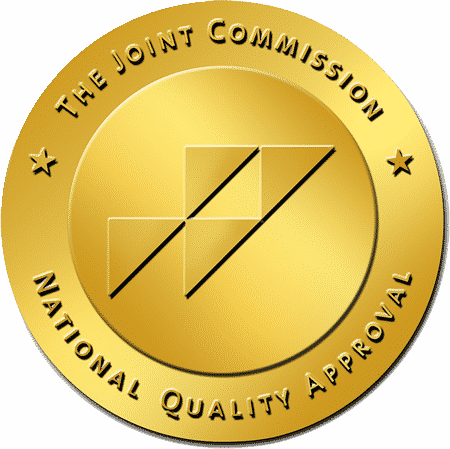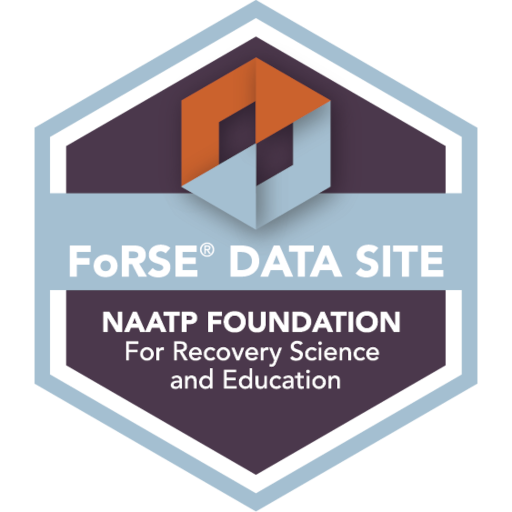Developing a physical dependency is a common side effect of alcohol or drug use, especially when used repeatedly or in high doses. So, when a person finally decides to cut back or quit certain substances, they may be met with unpleasant drug withdrawal symptoms.
Drug addiction causes those who experience a sudden absence of or cut back on certain drugs like opioid medications or alcohol to suffer from both physical and psychological drug withdrawal symptoms.
Having withdrawal management support–such as medically supervised drug detox–available can make the withdrawal process easier and less painful.
Medical professionals can also help a person understand alcohol and drug withdrawal symptoms, easing the mental anguish of dealing with withdrawal from drug addiction.
In this article, we will discuss withdrawal symptoms.

What Is Withdrawal?
Withdrawal is the mix of physical and psychological effects that a person feels after discontinuing or reducing their use of a substance like alcohol, drugs, or prescription medications.
Withdrawal symptoms can range from mild to severe and depend on the following factors:
- Duration of use
- Type of Substance
- Age
- Physical condition
- Psychological traits
- Withdrawal method
Here are the ways that a person can become dependent on substances:
Physical Dependence
Physical dependence is when someone takes a substance regularly, and their body starts to depend on it to function normally. Since their body is dependent on the drug, withdrawal symptoms will appear if they suddenly stop taking it.
Psychological Dependence
Psychological dependence is when a person develops a mental drug dependence on a substance. They come to believe that they need the drug to feel good.

Different Alcohol and Drug Withdrawal Symptoms
Depending on the substance used and the length and frequency of drug abuse, mild to severe withdrawal symptoms from drugs and alcohol can be life-threatening.
Alcohol and opioid dependence can cause more severe symptoms than other drugs.
Here are the different withdrawal symptoms that can be brought about by various substances:
General Withdrawal Symptoms
Drug dependence causes physiological changes that allow the body to tolerate higher and higher doses. When someone suddenly stops using, they may experience physical, emotional, and psychological symptoms of withdrawal because of the disruption in their brain chemistry.
The body will go through a period of readjustment as the brain, central nervous system, tissues, and organs resume normal function after being deprived of drugs and alcohol. Detox can cause a wide range of physical and mental symptoms, some of which can be quite uncomfortable and last anywhere from a few days to weeks or even more.
Nausea, vomiting, anxiety, depression, headaches, and excessive sweating are some of the common drug withdrawal symptoms. The more severe and potentially fatal symptoms include seizures, visual hallucinations, and suicidal ideation.
The physical discomfort of withdrawal can trigger cravings for drugs or alcohol in a recovering addict. The inability to suppress cravings is one of the most distressing withdrawal symptoms. Detoxing from substances like alcohol and drugs requires a solid treatment plan and the support of loved ones to help a person through the process.
Alcohol Withdrawal
Depending on the individual, alcohol withdrawal symptoms can appear anywhere from four hours to a few days after the last drink. The worst of the symptoms typically occur within the first two or three days after stopping alcohol consumption and can last for up to a few weeks. Tiredness, sleeplessness, and poor concentration are just some of the symptoms that may linger for a while.
common signs of alcohol withdrawal
Some of the most common signs of alcohol withdrawal are agitation, sweating, nausea, vomiting, diarrhea, trembling hands, trouble sleeping, and recurring nightmares. Sallow, clammy skin, headaches, dilation of the pupils, appetite loss, and a sped-up heartbeat can also occur during severe alcohol withdrawal.
Delirium tremens
Delirium tremens, also known as “DTs,” are a more severe and potentially fatal set of alcohol withdrawal symptoms. Common DTs symptoms include:
- Trembling or body shakes
- Seizures
- Severe agitation and confusion
- Hallucinations
- A sensation of invisible “bugs” crawling on one’s skin
Seizures typically start within three days after the last drink, and they tend to be more prevalent in people who have previously experienced difficulties with alcohol or drug withdrawal.
Opiate Withdrawals
Opiate withdrawal symptoms, such as those from codeine, heroin, morphine, Norco, Oxycontin, and Vicodin, typically start six to eight hours after the last dose.
Nausea, sweating, muscle aches, a runny nose, watery eyes, agitation, difficulty sleeping, and anxiety are some of the earliest signs of opiate withdrawal. Later on, a person may also experience diarrhea, stomach cramps, vomiting, dilated pupils, and goosebumps. Opioid withdrawal symptoms can be uncomfortable, but they are usually not life-threatening.
Most frequently, problems arise when former users relapse and start abusing opioids again. Many opiate overdose deaths take place immediately after drug detox. As opiate tolerance wanes during withdrawal, a person may overdose on a lower dosage than they were accustomed to.
Stimulant Withdrawal
When detoxing from stimulants like amphetamines, cocaine, MDMA, or methamphetamines, users may experience severe symptoms anywhere from a few days to a few months.
Stimulant withdrawal is difficult because of the intense drug cravings that can occur after abruptly stopping use.
What are stimulant withdrawal symptoms? Stimulant withdrawal symptoms often include:
- Restlessness
- Irritability
- Excessive tiredness
- Unease
- Reduced energy levels
- Depression and suicidal thoughts
- Increased appetite
The high from stimulant drug use gradually diminishes as the supply is finished and users may feel a deep and pervasive paranoia and fear. They “crash” as soon as they are not high. Extreme drug cravings to use again can linger for weeks or even months. Stimulant withdrawal symptoms may cause more psychological symptoms than those of other substances.
Meth amphetamine Drug Withdrawal
Meth amphetamine is a stimulant that is more of a psychological drug withdrawal. Medical and psychological care is needed. Dangerous drugs like Meth can cause drug withdrawal syndromes from the combination of emotional and mental symptoms coupled with the physical toll on a person’s psyche and body.
What Drug Withdrawal Symptoms Come from Meth?
Drug withdrawal symptoms from meth can lead to:
- Psychotic episodes
- Heart attacks
- Strokes
- Scratching at the imaginary “crank bugs” that the user believes are crawling all over their body can lead to sores
Meth harms their mouth as well, causing their teeth to rot, turn black, and break easily.
Benzodiazepine Withdrawal
Life-threatening drug withdrawal has been associated with stopping the use of benzodiazepines like Ativan, Xanax, and Klonopin. Those thinking of discontinuing their use of these medications should first talk to their doctor.
Benzodiazepine withdrawal symptoms typically include:
- Anxiety
- Tremor
- Increased heartbeat
- Insomnia
- Diarrhea or nausea and vomiting
- Pain, numbness, tingling, or other abnormal sensations in the body
Seizures and suicidal ideation are two potentially fatal symptoms.
Danger of Relapse During Withdrawal
Because they are trying to alleviate unpleasant withdrawal symptoms and subject to drug cravings, it’s not uncommon for persons in withdrawal or early recovery to relapse.
The physical symptoms can become unbearable, especially if they are alone and not in a medical detox facility offering medical supervision and withdrawal management.

Treatment for Alcohol and Drug Withdrawal Symptoms
The medical and psychological needs of people experiencing withdrawal symptoms from drugs and alcohol are best met through medical detox and withdrawal management rather than at-home detoxification.
It is possible to address both the physical and psychological symptoms of drug and alcohol withdrawal by incorporating medical support and monitoring into the treatment process. Medication can be used to help with the withdrawal process and prevent complications during withdrawal. There is no one-size-fits-all approach to withdrawal management because symptoms, risks, and treatments vary depending on the substance.
A crucial step toward long-term recovery is addiction treatment after withdrawal management. Follow-up treatment programs teach patients how to deal with stressful situations, develop strategies for avoiding relapse, enhance their ability to communicate with others, and provide additional medical support, if necessary.
Depending on the situation and the severity of withdrawal symptoms, medical detox and subsequent treatment can take place in a number of different settings:
- Outpatient treatment: This involves getting treatment at home. In most cases, this entails less than nine hours of therapy per week.
- Intensive outpatient: A person with complex needs, such as co-occurring or other mental health conditions, can receive care in the comfort of their own home without having to give up their independence or their ability to work.
- Partial hospitalization: While getting treatment for multidimensional instabilities, a person can live at home and keep working. This usually entails a commitment of 20 hours per week to outpatient care.
- Residential treatment: Residents receive round-the-clock care from trained and experienced specialists.
- Medically supervised inpatient alcohol and drug addiction treatment: For severe or unstable conditions, a person receives 24/7 medical and nursing attention from trained professionals.
Getting Help at La Hacienda Treatment Center
Dealing with the stress and anxiety that come with overcoming substance abuse and going through withdrawal can be difficult.
The good news is La hacienda has been helping people recover from drug addiction since 1972. On our beautiful and serene Hill Country campus, patients are seen daily by on-campus medical professionals and a 24/7 nursing staff.
Our goal is to assist with a comfortable detox and withdrawal process (if necessary) and move a patient smoothly from detox into residential clinical treatment so they can begin recovery.
La Hacienda is in-network with most major insurance providers. Call today and our admission professionals will answer your questions and help guide you to make the right healing choice for yourself or a loved one.
Sources:
https://www.webmd.com/mental-health/addiction/alcohol-withdrawal-symptoms-treatments
https://www.verywellmind.com/what-is-withdrawal-how-long-does-it-last-63036
https://www.healthline.com/health/alcohol-use-and-abuse




